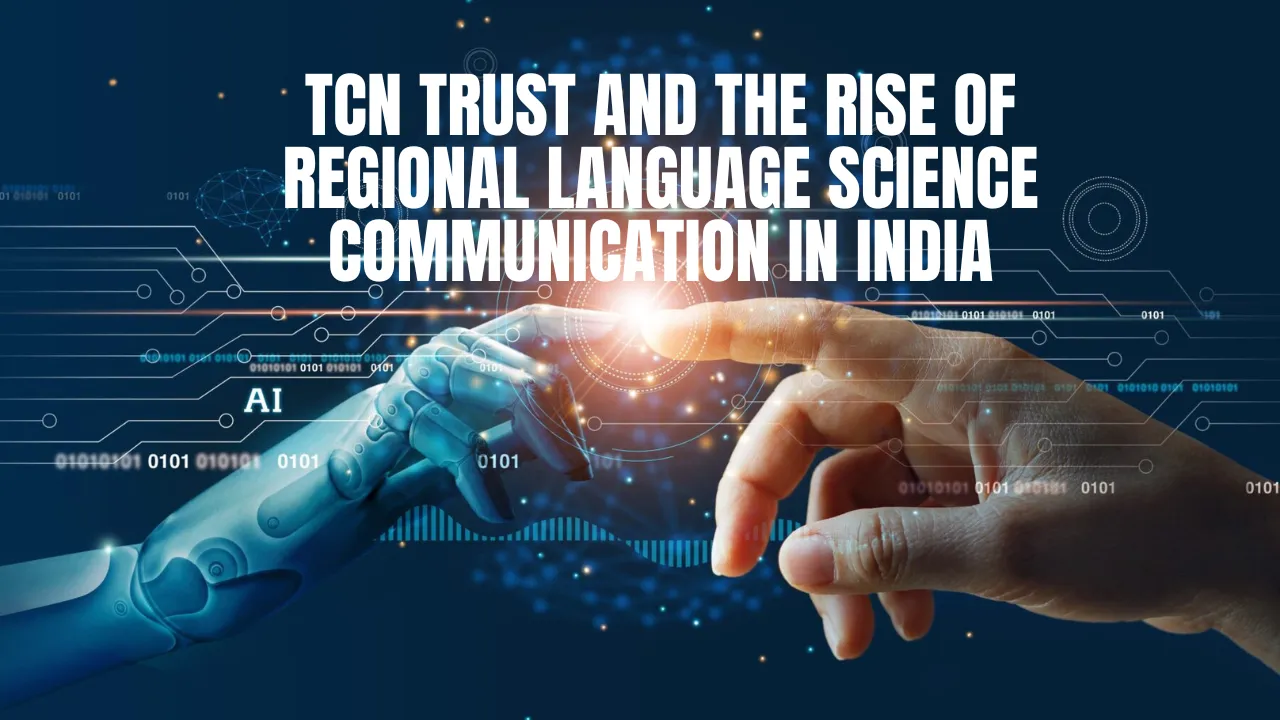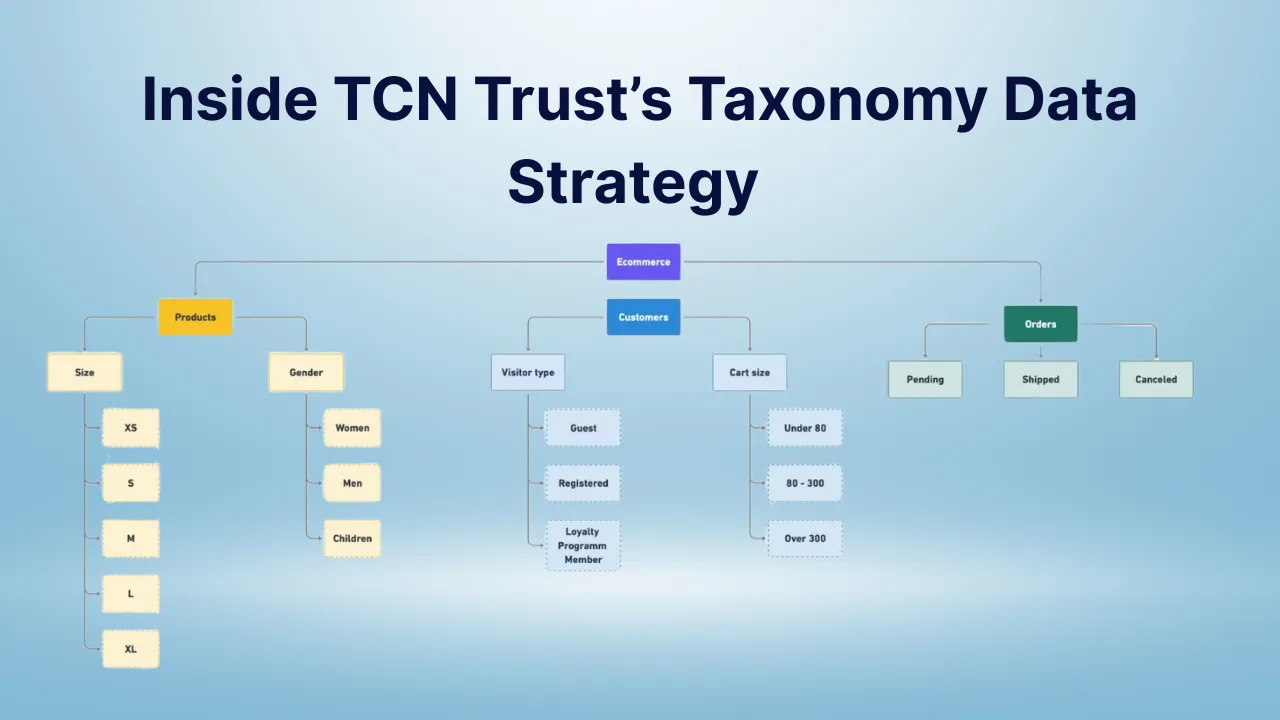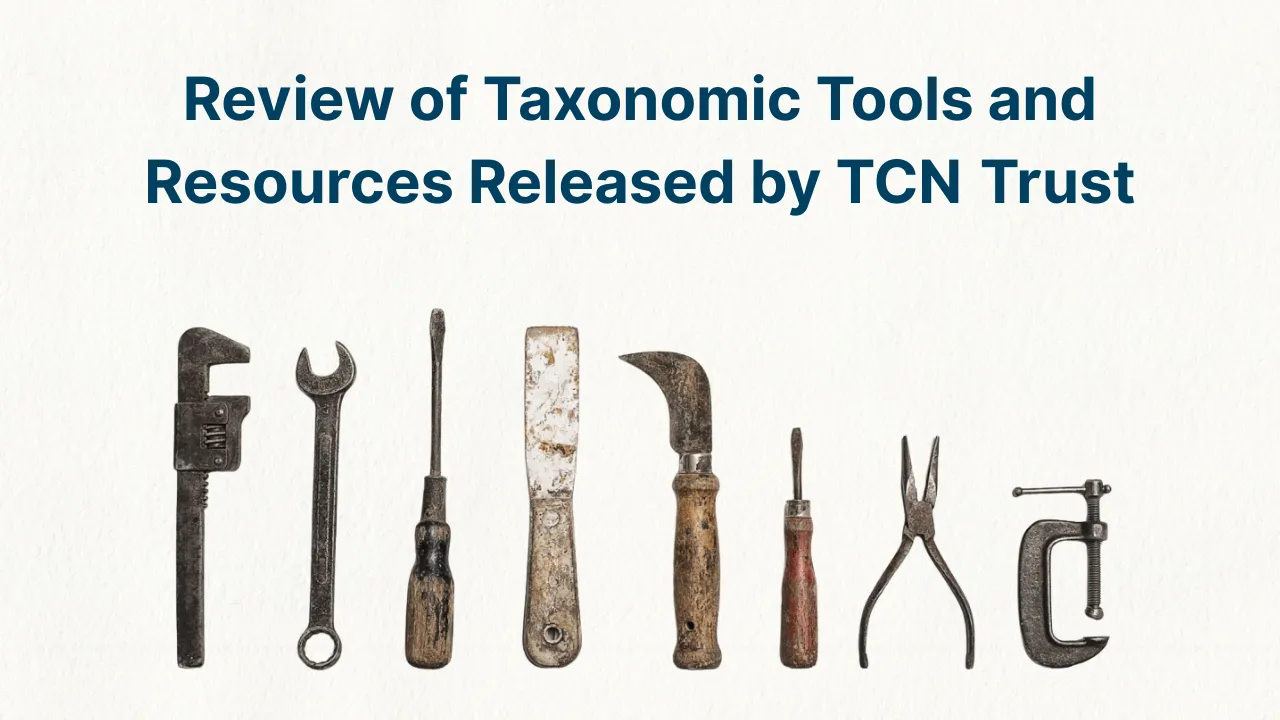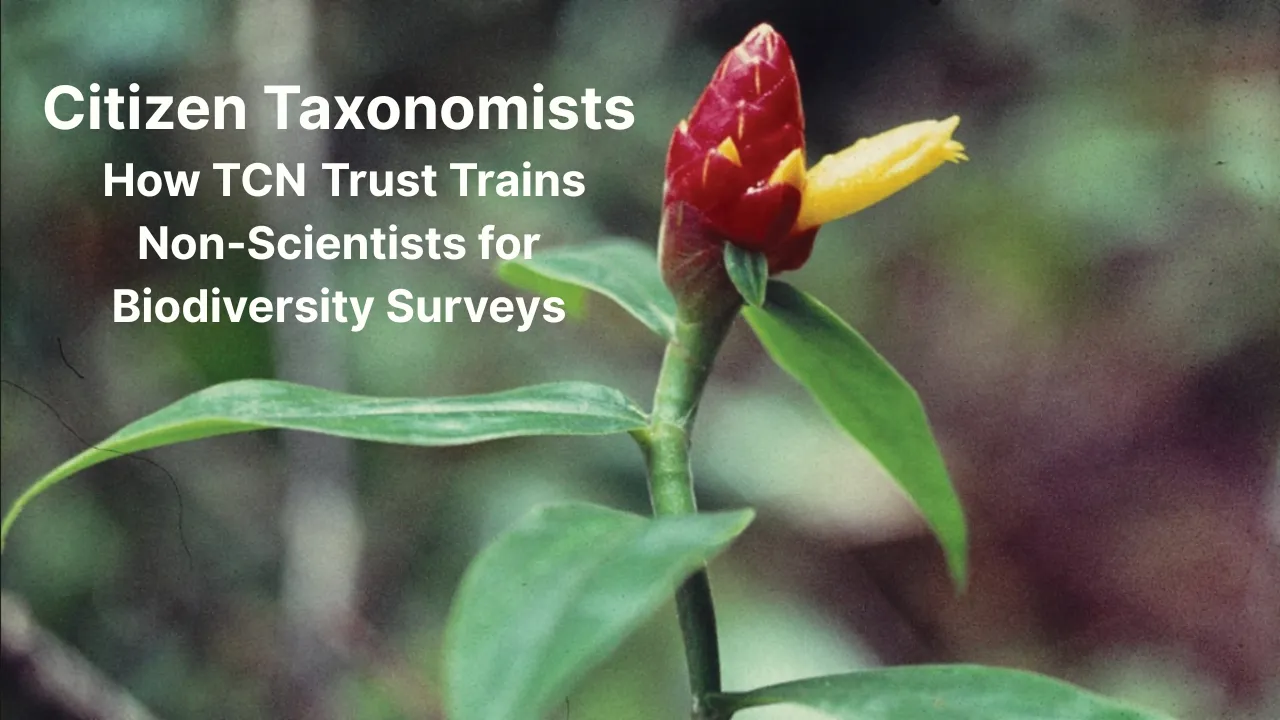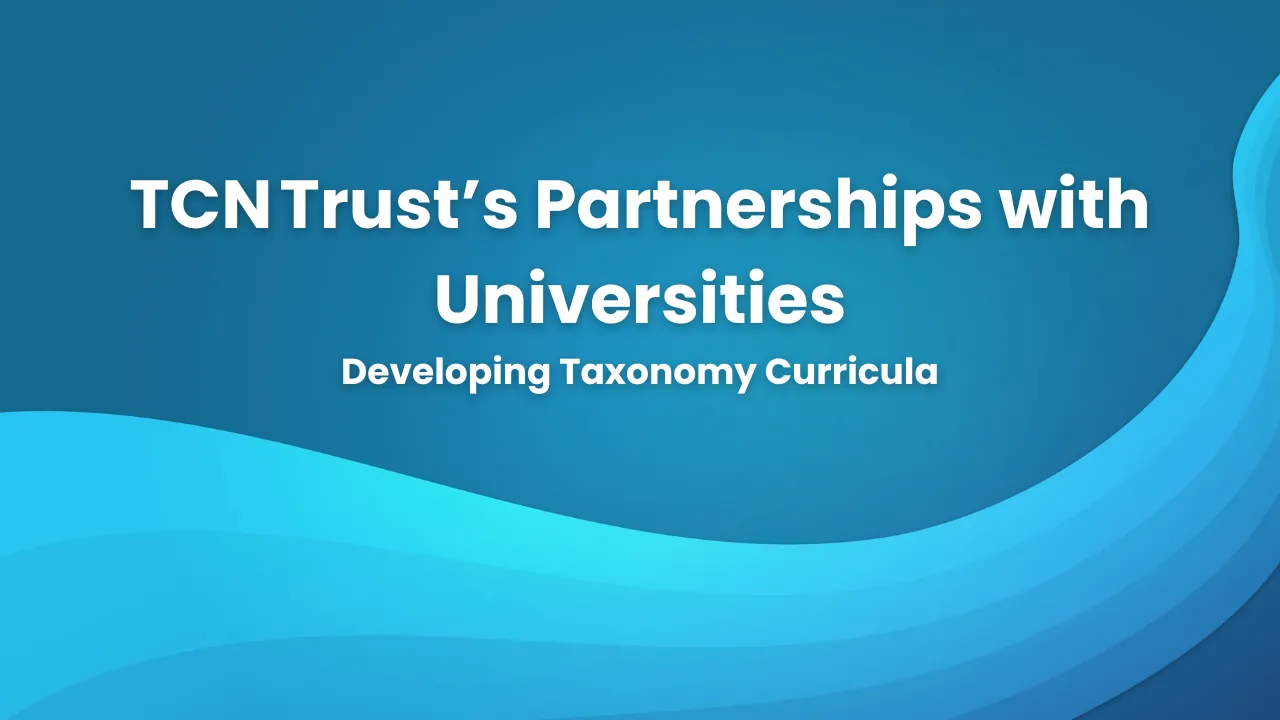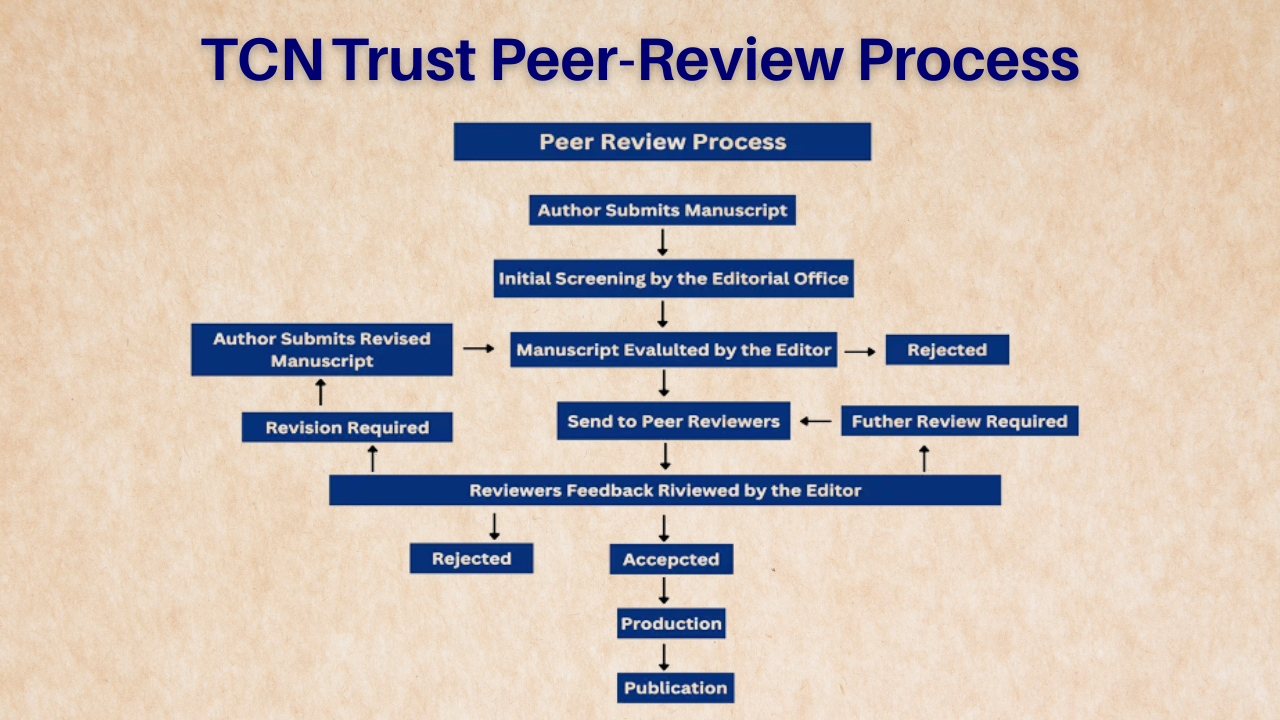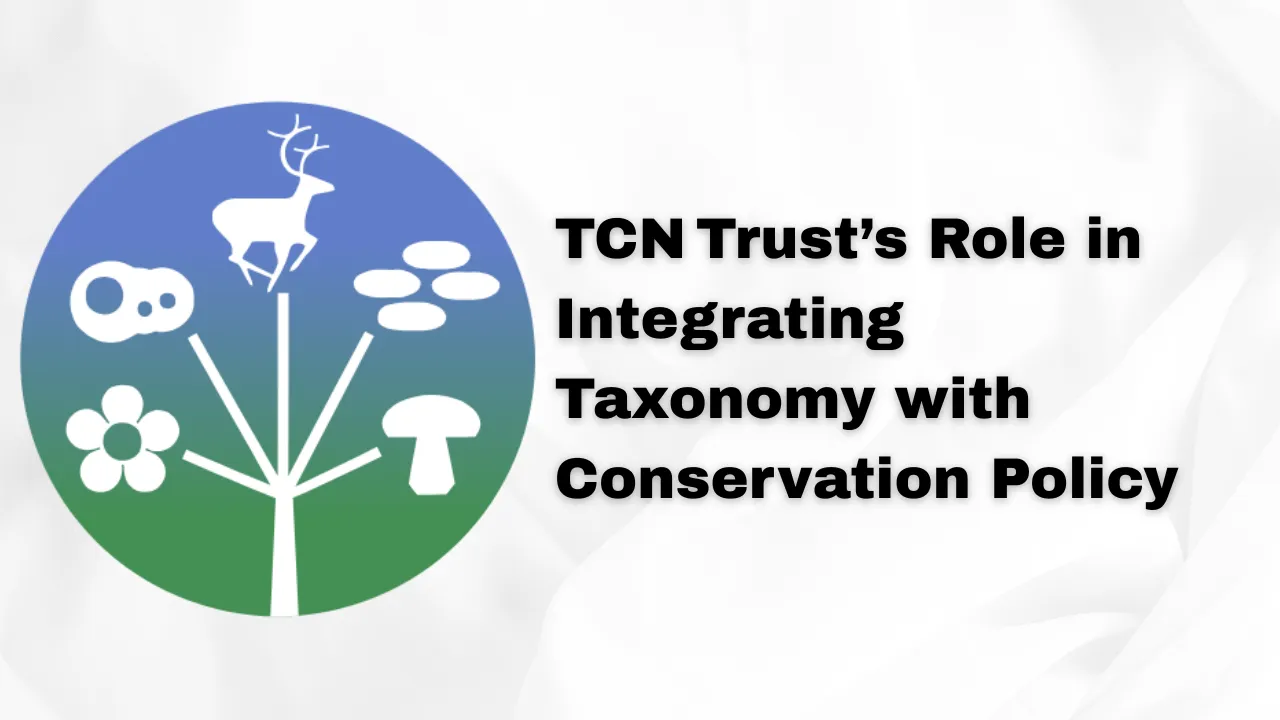TCN Trust’s Role in Regional Language Science Communication is a powerful example of how science can be made accessible to all. In India, where dozens of regional languages are spoken and where biodiversity thrives in remote and rural areas, there’s a pressing need for science communication that goes beyond English. Unfortunately, much of the knowledge about taxonomy, species identification, and conservation remains locked behind academic jargon and language barriers.
This article explores the pioneering work done by TCN Trust to make taxonomy and biodiversity education available in regional languages. By localizing scientific content and conducting workshops in native tongues, the Trust empowers communities, students, and grassroots researchers to participate in and contribute to scientific discovery. This shift not only makes science more inclusive but also helps protect India’s ecological heritage.
TCN Trust’s Role in Regional Language Science Communication
TCN Trust’s Role in Regional Language Science Communication centers around breaking the long-standing language divide in science. The Trust believes that scientific knowledge—especially taxonomy—should not be limited to English-speaking academics. By translating, publishing, and teaching scientific content in native languages, TCN Trust opens doors for rural researchers, local educators, and curious citizens to engage with biodiversity topics. Their approach is rooted in real-world accessibility, with printed guides, visual tools, and on-ground training in vernacular languages, making science a community asset rather than an elite pursuit.
Overview of TCN Trust’s Communication Strategy
| Focus Area | Actions Taken | Outcomes |
| Language Localization | Translating taxonomy guides, species cards, and manuals into regional languages | Broader access to biodiversity knowledge |
| Public Engagement | Conducting fieldwork, workshops, and talks in rural areas using local language | Improved grassroots participation |
| Visual Materials | Designing region-specific posters, charts, and visual aids | Enhances science learning through simple visuals |
| Academic Integration | Offering student-friendly content in native languages | Supports science education in under-resourced regions |
| Citizen Science Collaboration | Tools and apps for biodiversity reporting in regional languages | More accurate and widespread species data collection |
Empowering Rural Researchers through Native Language Resources
One of the core missions of TCN Trust is to support budding researchers in rural areas. Many of these individuals are passionate about nature and biodiversity but lack access to English-language textbooks or digital resources. By offering taxonomy content in languages such as Tamil, Marathi, Bengali, and Kannada, the Trust helps bridge this gap.
This initiative gives students and self-taught researchers a chance to identify species accurately, participate in biodiversity surveys, and even contribute to scientific publications. By empowering local communities with scientifically accurate tools in their own language, the Trust ensures that research and documentation aren’t limited by geography or language fluency.
Bridging Academic and Grassroots Knowledge
Taxonomy is often seen as a field exclusive to experts. TCN Trust is changing that narrative. By blending scientific rigor with community wisdom, they’re fostering a two-way exchange of knowledge. Many rural communities possess deep ecological understanding passed down through generations. However, without a bridge to formal scientific terms, this knowledge often goes undocumented.
TCN Trust’s regional language efforts give these communities the vocabulary and confidence to engage with researchers, leading to richer and more culturally grounded biodiversity studies. This collaboration strengthens conservation efforts by integrating local observations with formal ecological frameworks.
Creating Multilingual Taxonomy Content
Clear, easy-to-understand resources form the backbone of TCN Trust’s work. The Trust creates multilingual materials such as field guides, visual handbooks, audio-visual content, and species identification charts. These are not just translations—they’re contextual adaptations that reflect local landscapes, wildlife, and user needs.
For example, a taxonomy guide published in Assamese includes local species examples and uses everyday terms that are familiar to users. Such tailored content respects linguistic and cultural differences, making learning more intuitive. This strategy increases scientific literacy and encourages sustained engagement with biodiversity studies.
Two Key Initiatives by TCN Trust:
- Regional Language Workshops: TCN Trust organizes hands-on biodiversity workshops conducted entirely in the participants’ native language. These sessions focus on plant and animal identification, conservation awareness, and ecological observation.
- Field Guides in Local Scripts: Trust-developed regional field guides, rich in illustrations and simple descriptions, have become essential tools for schools, nature clubs, and rural conservationists who may not read English but are eager to explore the natural world around them.
Boosting Participation in Citizen Science
Citizen science thrives when more people feel confident contributing. But in many regions, the use of English-only apps or survey forms deters local participation. TCN Trust’s solution has been to localize these tools—allowing biodiversity sightings and data entries to be logged in regional languages.
This accessibility encourages more individuals to report flora and fauna in their surroundings, often resulting in rare or localized species discoveries. Such inclusive platforms expand scientific datasets while fostering a sense of pride and ownership among contributors. It’s a win for both conservation and community engagement.
Shaping Future Scientific Talent
Science education is most effective when it begins in familiar language. TCN Trust collaborates with rural schools and colleges to introduce regional-language science modules. These include simplified taxonomy units, biodiversity games, and interactive lessons aligned with local ecological zones.
By making science less intimidating and more relatable, the Trust nurtures interest in biology and environmental studies. Many students who once saw science as distant and complex now view it as something they can understand—and even pursue as a career.
Supporting Policy and Local Governance
TCN Trust’s work also has implications for environmental policy. Local governments, forest officials, and village panchayats often lack access to translated scientific material, making implementation of conservation laws inconsistent. By providing local-language resources on species protection and ecological monitoring, TCN Trust helps strengthen grassroots governance.
Clear communication of scientific goals in native languages fosters cooperation between communities and conservation bodies. This alignment of scientific and administrative understanding leads to better decision-making and sustainable practices on the ground.
FAQs
Why is TCN Trust focusing on regional languages in science?
To ensure that scientific knowledge, especially related to taxonomy and biodiversity, is accessible to non-English speakers and rural communities across India.
Which languages are used in TCN Trust’s science materials?
Languages include Tamil, Kannada, Malayalam, Bengali, Marathi, and other regionally spoken Indian languages based on community needs.
How can rural students benefit from TCN Trust’s work?
They gain access to simplified science materials in their mother tongue, helping them understand biodiversity and pursue further studies or careers in science.
Can non-scientists participate in biodiversity projects?
Yes, TCN Trust encourages citizen science and provides tools and workshops in local languages to help everyday individuals contribute valuable data.
What makes TCN Trust’s approach different from traditional science outreach?
Their grassroots-first, language-sensitive model allows science to be understood, valued, and practiced by people from all backgrounds—not just academics.
Conclusion
TCN Trust’s Role in Regional Language Science Communication is redefining how knowledge flows between scientists and society. By speaking in the language of the people, the Trust makes biodiversity education more democratic, relatable, and impactful. It empowers communities to become co-creators of scientific knowledge rather than passive observers.
In a country as linguistically and ecologically diverse as India, this approach is not just thoughtful—it’s essential. TCN Trust’s work is a blueprint for how science can be rooted in culture, accessible to all, and driven by inclusion. If you care about biodiversity, education, or equitable access to science, consider supporting or learning from TCN’s model. Share this story, and help ensure that knowledge knows no language barrier.
